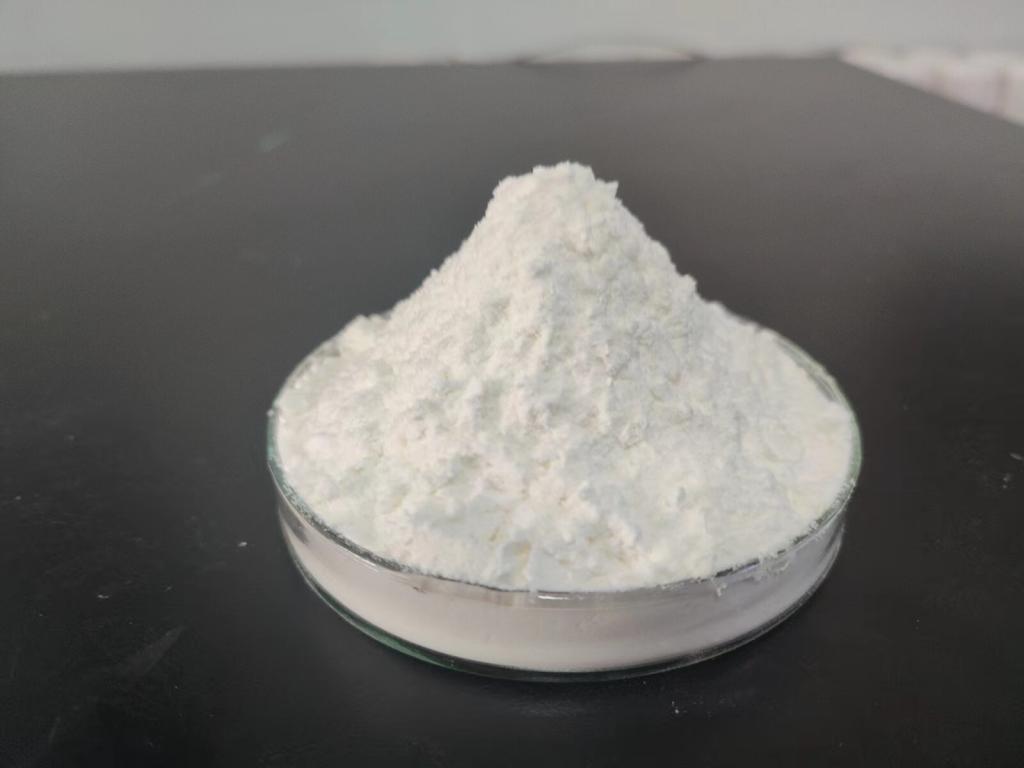Tel:+8618231198596

News
 CONTACT
CONTACT
 CONTACT
CONTACT
- Linkman:Linda Yao
- Tel: +8618231198596
- Email:linda.yao@dcpharma.cn
- Linkman:CHARLES.WANG
- Department:Overseas
- Tel: 0086 0311-85537378 0086 0311-85539701
News
Sustainable Packaging Innovations ε-Polylysine Hydrochloride's Role in Biodegradable Materials
TIME:2024-03-15
Understanding Sustainable Packaging
Sustainable packaging aims to minimize environmental impact, conserve resources, and promote circularity throughout the packaging lifecycle. Key principles of sustainable packaging include:
Material Selection: Choosing renewable, biodegradable, or recyclable materials that reduce reliance on fossil fuels and minimize pollution.
Design Optimization: Designing packaging solutions that minimize material usage, maximize efficiency, and enhance recyclability or compostability.
Lifecycle Considerations: Considering the environmental impact of packaging materials throughout their lifecycle, from sourcing and production to use and disposal.
End-of-Life Management: Implementing strategies for waste reduction, recycling, composting, and reuse to minimize landfill waste and promote resource recovery.
ε-Polylysine Hydrochloride in Biodegradable Materials
ε-Polylysine hydrochloride (ε-PL) is a natural antimicrobial agent produced by fermentation of Streptomyces albulus. It consists of a chain of lysine amino acids and exhibits broad-spectrum antimicrobial activity against bacteria, yeasts, and molds. In recent years, ε-PL has gained attention for its potential role in biodegradable packaging materials due to the following properties:
Biodegradability: ε-PL is biodegradable, meaning it can be broken down by natural processes into harmless byproducts, such as water, carbon dioxide, and organic matter. This makes ε-PL an environmentally friendly alternative to conventional plastics, which can persist in the environment for hundreds of years.
Antimicrobial Properties: ε-PL's antimicrobial activity helps inhibit the growth of spoilage microorganisms and pathogens, reducing the risk of food spoilage and contamination in packaged products. This extends the shelf life of perishable goods and enhances food safety, particularly in biodegradable food packaging applications.
Compatibility with Biopolymers: ε-PL can be incorporated into biodegradable polymers, such as polylactic acid (PLA), polyhydroxyalkanoates (PHA), and starch-based materials, to enhance their antimicrobial properties and performance. This allows for the development of biodegradable packaging materials with improved functionality and shelf stability.
Renewable Source: ε-PL can be produced from renewable sources, such as fermentation substrates derived from agricultural byproducts or biomass, making it a sustainable alternative to petroleum-based additives and preservatives.
Impact of ε-Polylysine Hydrochloride on Biodegradable Packaging
Improved Shelf Life: By inhibiting microbial growth and spoilage, ε-PL helps extend the shelf life of packaged products, reducing food waste and enhancing product quality and freshness.
Enhanced Food Safety: ε-PL's antimicrobial properties help prevent contamination and microbial proliferation in biodegradable food packaging, ensuring product safety and compliance with food safety regulations.
Reduced Environmental Impact: Biodegradable packaging materials incorporating ε-PL offer a more sustainable alternative to conventional plastics, reducing dependence on fossil fuels and mitigating plastic pollution in the environment.
Versatility and Compatibility: ε-PL can be incorporated into various biodegradable polymers and packaging formats, including films, coatings, and molded products, without compromising material integrity or performance.
Challenges and Considerations
While ε-polylysine hydrochloride shows promise for enhancing the sustainability of biodegradable packaging, several challenges and considerations must be addressed:
Cost and Scalability: The cost of ε-PL and its integration into biodegradable packaging materials may impact production costs and market competitiveness. Manufacturers must assess the economic feasibility and scalability of ε-PL-based packaging solutions to ensure widespread adoption.
Regulatory Approval: Regulatory approval and compliance requirements may vary depending on the intended use and application of ε-PL in biodegradable packaging. Manufacturers must ensure that ε-PL meets safety and regulatory standards for food contact materials and environmental compatibility.
Performance and Durability: ε-PL-based biodegradable packaging materials must meet performance requirements for barrier properties, mechanical strength, and shelf stability to ensure suitability for various packaging applications and environmental conditions.
Consumer Acceptance: Consumer acceptance of biodegradable packaging materials may depend on factors such as appearance, functionality, and perceived environmental benefits. Educating consumers about the advantages of ε-PL-based packaging can help promote acceptance and adoption of sustainable packaging solutions.
Conclusion
ε-Polylysine hydrochloride (ε-PL) offers significant potential for enhancing the sustainability of biodegradable packaging materials through its antimicrobial properties and compatibility with renewable polymers. By inhibiting microbial growth, extending shelf life, and reducing environmental impact, ε-PL contributes to the development of more eco-friendly packaging solutions that align with principles of sustainability and circularity. However, addressing challenges related to cost, scalability, regulatory approval, and consumer acceptance is essential for realizing the full potential of ε-PL in biodegradable packaging. By embracing ε-PL and other sustainable innovations, the packaging industry can move towards a more environmentally friendly and socially responsible future.
- Tel:+8618231198596
- Whatsapp:18231198596
- Chat With Skype







